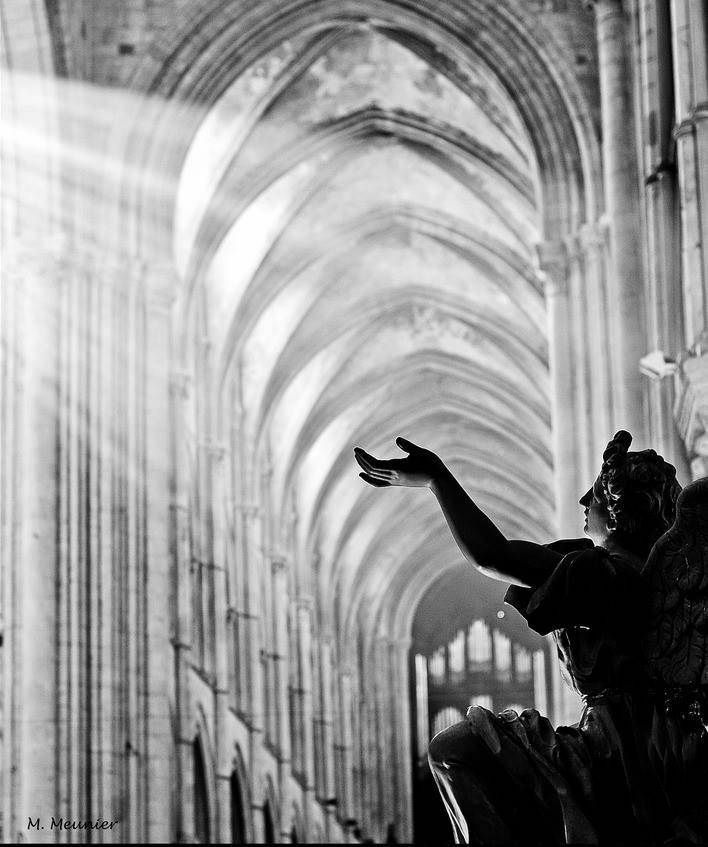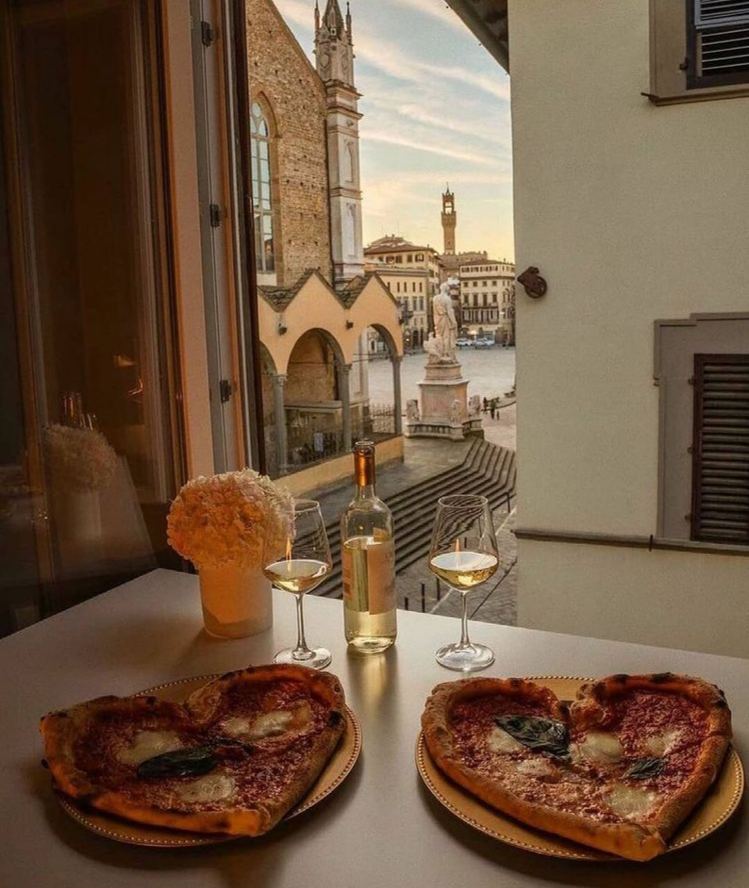
I have felt a strong affinity to Europe from the first time I arrived there over twenty years’ ago. The reason for my enthrallment is because Europe is beautiful. It is still beautiful now if you know which areas to avoid. I am not talking about natural beauty; that in itself is a worthy part of Europe, as I particularly value the softness of the landscape. No, what I am referring to here is man made beauty. The beauty of the villages and towns; the beauty of the architecture; the beauty of the old roads that meander their way around contours in the land; the beauty of the art and the music. The beauty of the religion.
In essence it is the harmonious balance between man and nature that encapsulates Europe. For a thousand years the European man valued beauty. Even the great factories of 19th century industrial era Britain were built beautifully. They might have indeed severed the connection of rural man to the land but even the great industrialists of that period still valued making something that lasted, both in the products that they made and in the buildings in which they created them.

In the 20th century, post World War II, that began to change. There was a turn towards ugliness. This had already begun some years previously in the realm of art but it quickly spread to the other disciplines as well. Architecture was one of the biggest losers; when my ex-wife and I were looking to buy a house we didn’t consider anything made after the Second World War. Of course, there were reasons for that ugliness – the massive amount of homes destroyed in that conflict necessitated a quick and cheap answer to house those made homeless. But people became addicted to cheap and quick, although it has since been marketed as the opposite of its real value.
The extensions to modern European cities, the peripheries as they are known, are the worst culprits of this malaise. The soulless and barren wastelands which encapsulate these urban overflows are the epitome of ugliness. In such an environment there cannot exist such a thing as hope. The ugliness deadens the nerves and blights the spirit. The response from those that know no better is to wallow in the ugliness, to glorify in it. Most importantly, in such conditions man turns away from God. For God does not seem to exist in the urban wasteland.
Roosh has a similar observation when he contemplates the soft tyranny of pop music that assails his senses when he attempts to buy the food that he needs to sustain him.
Father Rose answers the question indirectly in his lectures: there is music in the supermarket because it takes your mind off God. The kind of music they play is not classical. It’s not Gregorian chant or Appalachian hymns—it’s the kind of music with worldly lyrics entwined in catchy melodies that lack the sort of beauty which would instinctually cause you to glorify God. The purpose of the music in the supermarket is to contribute to your eternal condemnation.
So many of us are surrounded in ugliness while enslaved to trinkets that give the illusion of wealth. But all of it is designed to first distract you and then enslave you. Suburban Australia was a prime example of that for me. When I came to Europe I was enthralled by the beauty, a beauty left over from more enlightened times when man actively sought a connection with God here on earth. Enough of that remains that it had such an effect on me, and still does today when I walk around the 500 year old streets of the small Dutch city where I live.

When I wander the cobbled streets of an old Dutch or Italian town, I feel a connection with the spirit of those times. With the pride that men took with what they made and in the communities that they built. This is the truth of the matter for me; it is part of what I need to be spiritually nourished. I suppose that what’s important is to begin the process of seeking out beauty in your life, in your surroundings and environment, and in the people with whom you surround yourself. The more that beauty becomes a part of your life then the closer you get to reaching the sublime. And then hopefully at a certain point you will find yourself in the moment when you choose.
Originally published at Pushing Rubber Downhill. You can purchase Adam’s books here.









